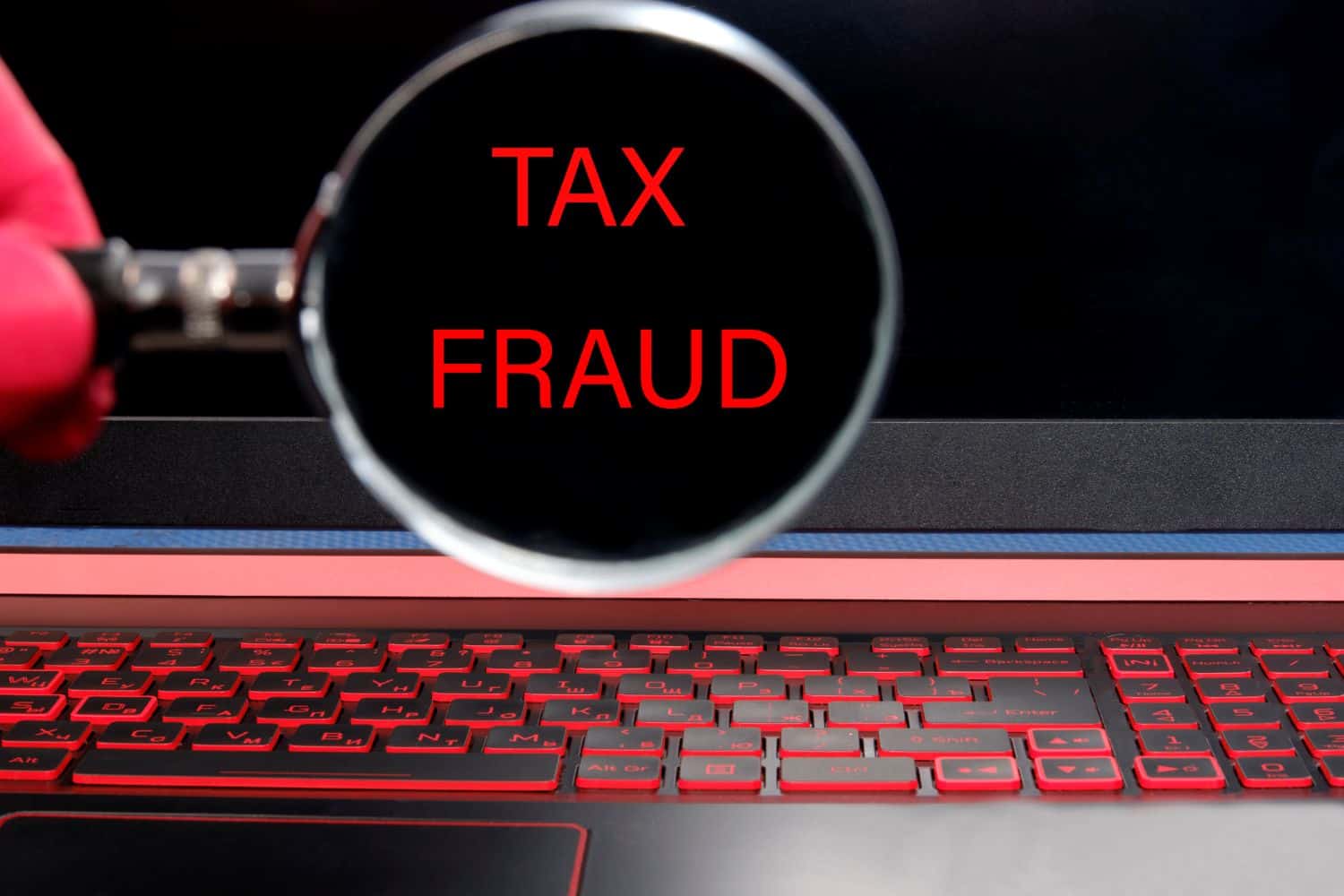Scammers are now getting so clever that they even impersonate the taxman to lay their hands on your information and you money.

There has been another warning for taxpayers to watch out for scams this tax season. While tax filing season is a time of economic alignment and fiscal responsibility, it is also a prime opportunity for cybercriminals to exploit.
With Sars introducing pre-assessments to simplify submissions for taxpayers, fraudsters and scammers are capitalising on this to craft sophisticated scams that mimic official communications.
The Southern African Fraud Prevention Service (SAFPS) warns that this heightened activity demands equal vigilance from the public. “Fraudsters are exceptionally active during this period and taxpayers must stay alert to the latest tactics being used to steal personal data and funds,” Manie van Schalkwyk, CEO of SAFPS, warns.
He says scammers impersonate Sars officials and persuade and manipulate victims into voluntarily surrendering sensitive data under false pretences or even into paying them money. There are a few scam tactics that the public should be aware of to protect themselves, such as phishing emails and text messages, impersonation, eFiling profile hijacking and fraudulent letters of demand to pay up.
ALSO READ: Common pitfalls to avoid this tax season
Phishing emails and text messages
Van Schalkwyk warns that criminals are becoming increasingly sophisticated and phishing emails and text messages look very realistic. “Our brains are conditioned to gloss over subtle differences unless we are actively scanning for them. This is exactly what makes these tactics so dangerous.”
Scammers send messages from a fake Sars email address containing a link to a fraudulent website, often changing a single character in the hyperlink, like replacing South Africa with South Afrìca, using a special character that looks similar to the original (in this example, the normal i has been replaced with an ì).
What do they do? They could ask you to verify your banking details or personal information, claim that there is a refund due to you, or even that they are auditing your refund and then redirect you to a malicious website potentially compromising your device and phishing your personal information.
“The email may say it is from Sars and look realistic but when you look at the actual email address it is not an official Sars email address. Scammers can change the display name to appear as Sars and if you are not concentrating, you could click on the link or action the request due to fear instead of taking your time and first checking that it is legitimate.
It is better to carefully examine the sender’s email address and if it does not include @SARS.gov.za, it is likely a scam.”
ALSO READ: Beware of these scams during tax season
Impersonation another growing concern
Another growing concern is direct scam attempts, where scammers initiate contact by impersonating Sars representatives. The scammers claim they want to help taxpayers with their tax returns and follow up on payments or refunds, often creating a sense of panic by warning consumers that there is a problem, that their tax status needs urgent attention, or they may be subject to fines for incorrect submissions.
The scammers then offer to lend a helping hand, provided that you give them your tax number or ID number.
“It is important to note that an official Sars representative will never ask for this information,” says Van Schalkwyk.
ALSO READ: Sars makes changes to eFiling for easy use
Hijacking your eFiling profile
eFiling hijacking happens when fraudsters take over existing profiles or impersonate a valid taxpayer’s profile and change banking or other details to redirect refunds to fraudulent bank accounts set up for this purpose.
Victims say that legitimate refund payments were redirected to bank accounts they did not authorise or recognise. Van Schalkwyk says this emerging trend indicates a sophisticated form of identity theft, where criminals exploit personal data, often gathered during legitimate interactions with Sars to open bogus accounts and intercept your refund payments.
In one case, a 68-year-old taxpayer lost R37 000 after his refund was paid into a bank account that was created fraudulently under his name. Despite submitting his real bank details during his filing appointment, the payment was rerouted.
“Similar cases have surfaced involving other banks where victims reported that substantial refunds were paid into unfamiliar accounts using stolen credentials.”
Fraudulent letters of demand to pay your tax
The Sars website shares examples of fraudulent letters claiming that Sars attorneys issued a letter of demand which requires urgent attention. The letter prompts the taxpayer to pay an outstanding amount of money into a fraudulent bank account, claiming to be a Sars account.
ALSO READ: Tax season now open: Sars pays out R10bn in refunds after auto-assessments, you could be owed
How to protect yourself
Van Schalkwyk shares these tips:
- Do not share your eFiling username or password.
- Do not share sensitive information. Sars will never ask for information like your banking details, pin, or card info via an email or SMS.
- Verify and check payment detail.: Pay your taxes via your eFiling profile or check the payment options on the official Sars webpage. Sars is also a pre-approved beneficiary with all the banks and if a letter asks you to load other banking details, these are fraudulent. Do not make payments to accounts provided via unsolicited communication.
- Use official Sars channels: Do not click on links in SMSs, emails, or WhatsApp. Visit the Sars website and use formal channels only, if in doubt, contact Sars directly to verify.
- Implement robust cybersecurity practices. Use strong and unique passwords, avoid public wi-fi when working with sensitive information and implement multi-factor authentication where possible.
- Be wary of a sense of urgency or pressure. In general, be cautious when there is a sense of urgency, or the person or communication is trying to intimidate you or illicit a sense of fear to put pressure on you.
If you suspect that your refund was compromised, immediately contact your bank, report the incident to Sars and open a case with the South African Police Service. You can also report the incident to the SAFPS using the www.yima.org.za website.
ALSO READ: Haven’t filed your tax return yet? Here’s how to avoid mistakes






